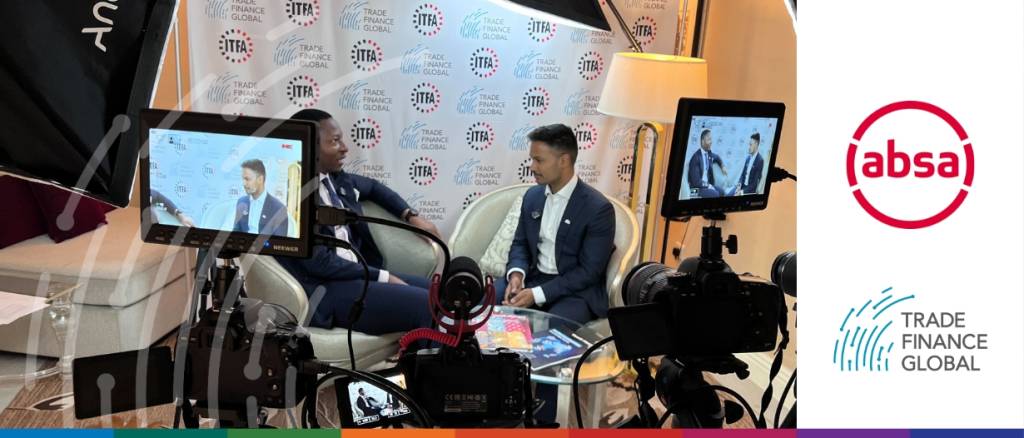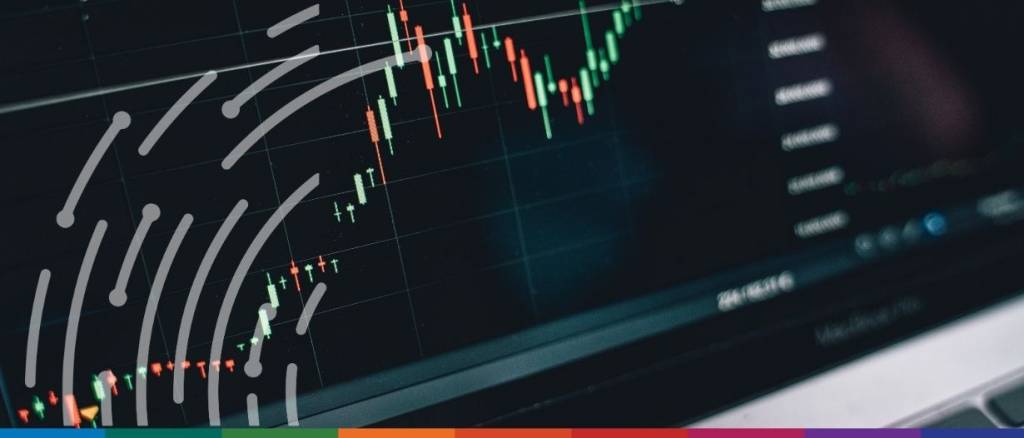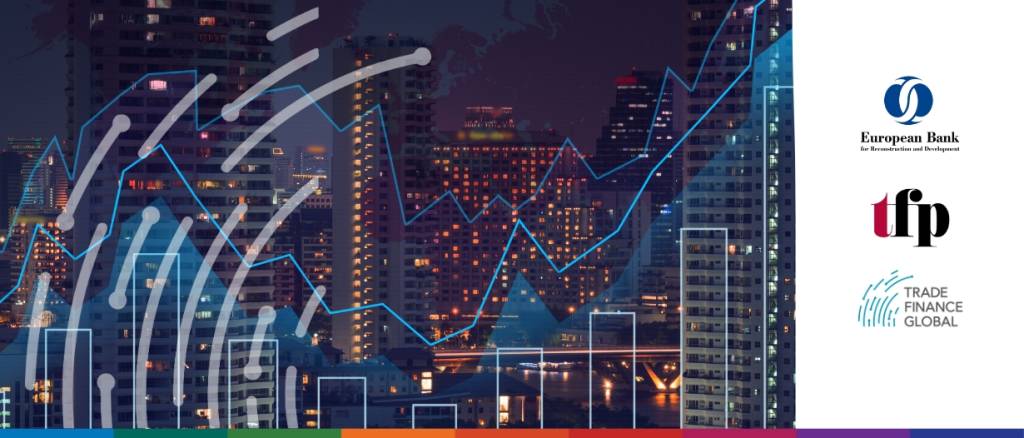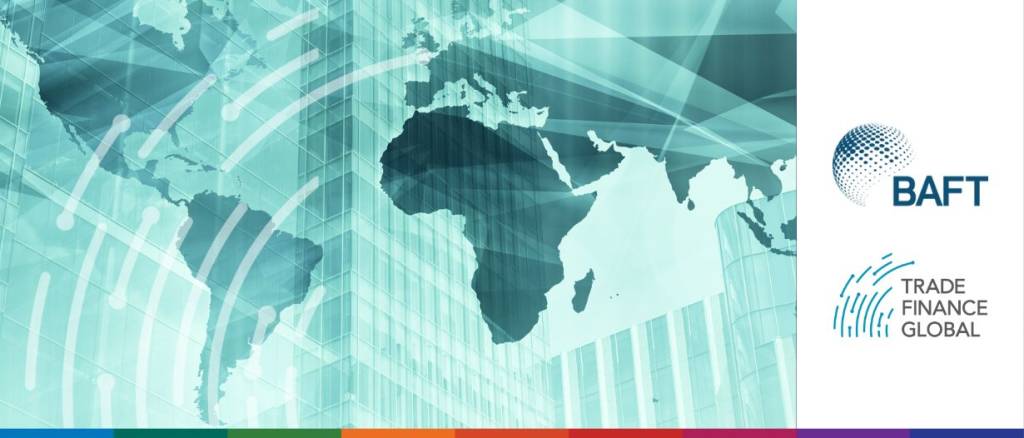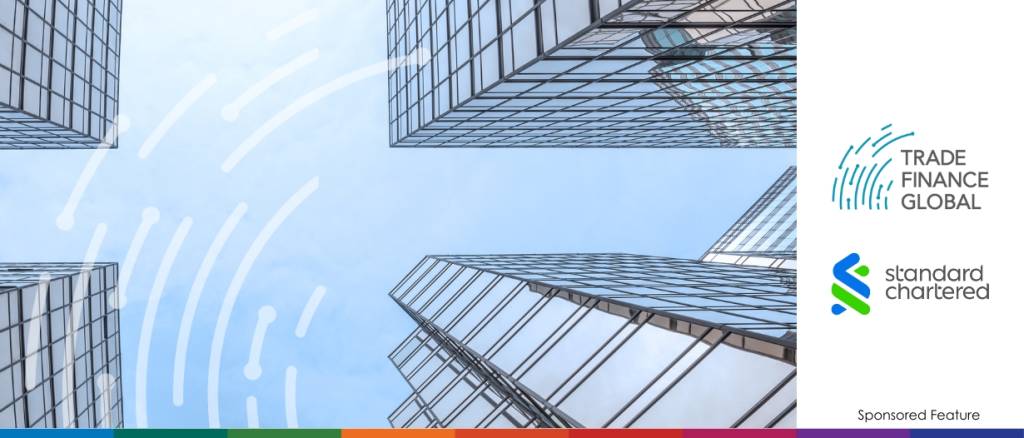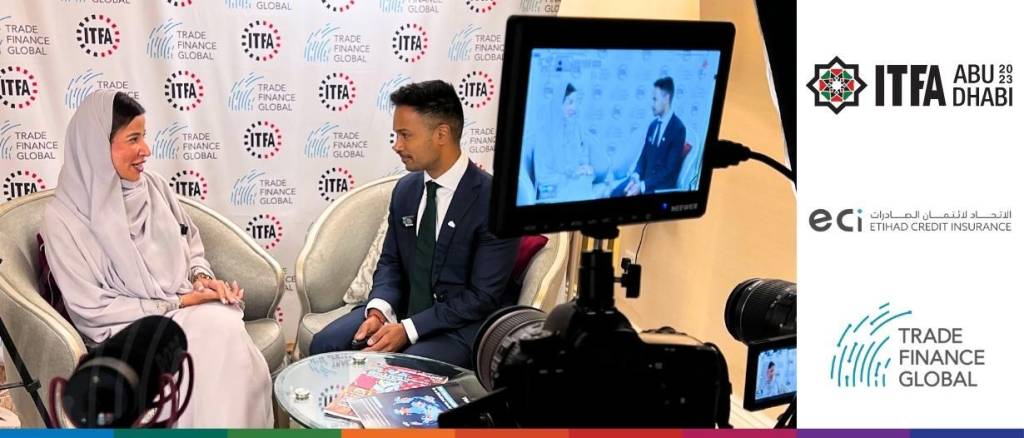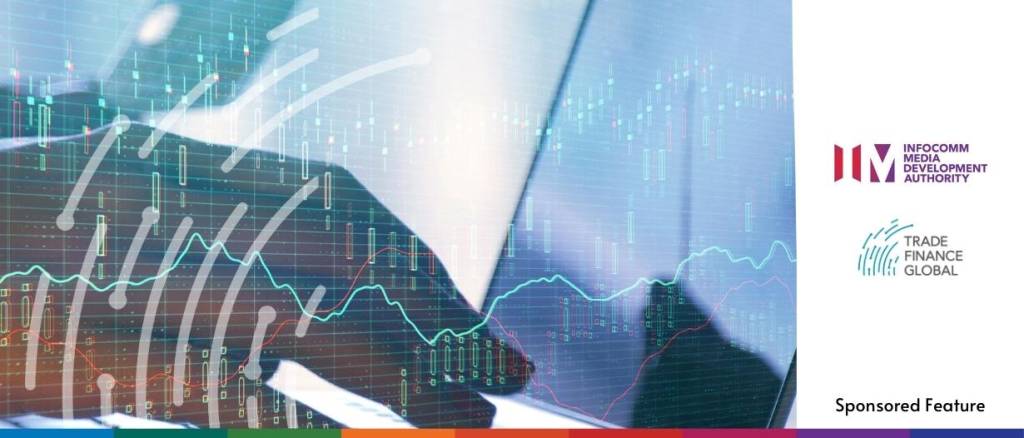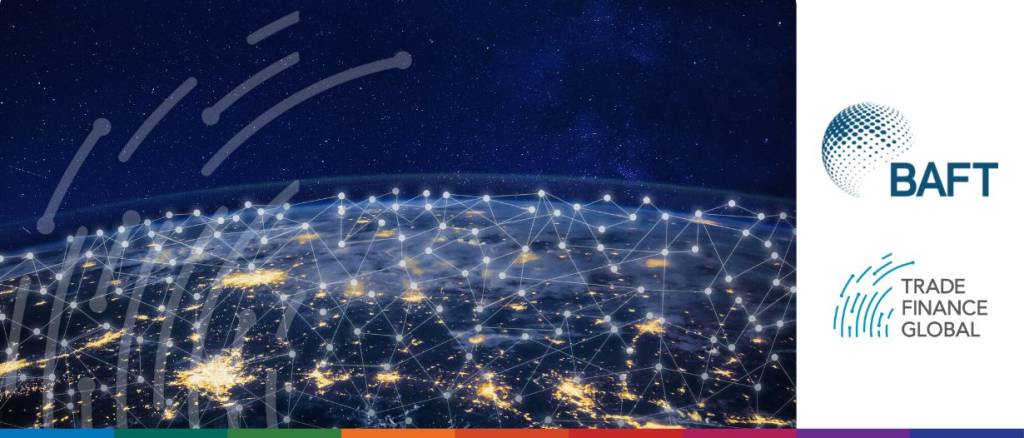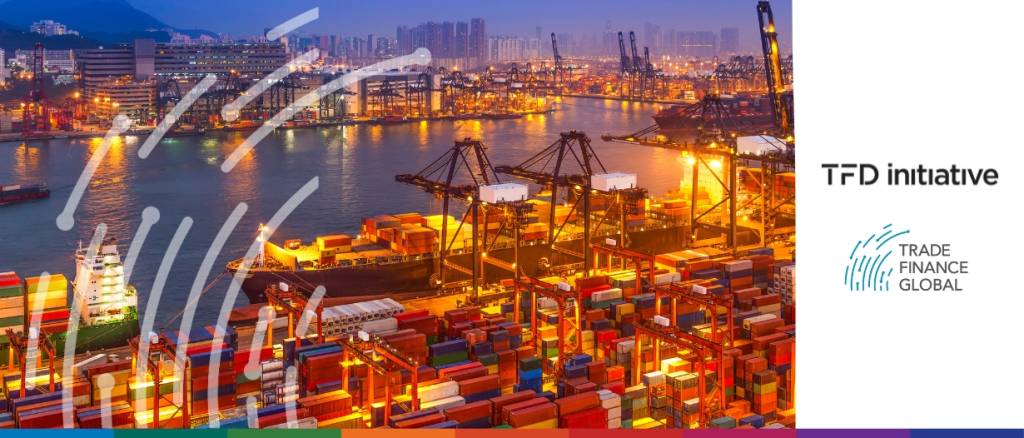At the ITFA annual conference in Abu Dhabi, Trade Finance Global (TFG) spoke with Mosa Tshabalala, Head of FI Trade Sales (International), Risk Distribution and Syndications at Absa Group, to explore the role of trade finance risk distribution in the African context.
International trade is vital to the growth of income and the country’s economy. It is, however, not possible to carry out any trade devoid of any risks.
In this episode of Trade Finance Talks, TFG’s Deepesh Patel was joined by Karin Oszuszky, Senior Investment Manager for Business Development at the OPEC Fund for International Development, during the European Bank for Reconstruction and Development’s (EBRD) Trade Facilitation Annual Conference in Vienna to discuss the OPEC Fund’s work in light of the latest trends and developments in trade finance and facilitation.
Correspondent banking relationships (CBRs) are the linchpin of international trade and finance, enabling cross-border transactions and providing a gateway to foreign financial markets.
In the realm of trade, treasury and payments, the quest for seamless transactions and the bridging of technological divides has taken centre stage. At Sibos 2023 in Toronto, the panel “Corporate to Bank APIs for Guarantees – Are we Future Ready?” focused on the role of standardisation in driving technological development for the industry.
In this episode of Trade Finance Talks, TFG’s Deepesh Patel sat down with Raja Al Mazrouei, CEO of Etihad Credit Insurance, to discover how ECI is not only encouraging UAE businesses to tap into emerging regional and international markets but also enabling them to scale new heights and achieve sustainable growth.
To help drive digital adoption in trade, Stephenson Harwood, in alliance with Virtus Law LLP, has collaborated with Singapore’s Infocomm Media Development Authority (IMDA) to release an article, TradeTrust-enabled Electronic Bills of Lading – A legal and practical analysis of their use in global trade.
Sibos 2023, held this year in Toronto, allows industry stakeholders to come together to discuss industry trends and issues.
In this episode, Mark Abrams, Global Head of Trade Receivables Finance at Trade Finance Global was joined by Salman Khan Galindo, Portfolio Manager – Alternative Investments at Santander AM and Matt Taylor, Head of Alternative Debt at Legal and General Investment Management (LGM).
Vinay Mendonca, Chief Growth Officer, Global Trade and Receivables Finance at HSBC, sat down with Deepesh Patel at Sibos Toronto to discuss these shifts and how they are influencing trade finance.















